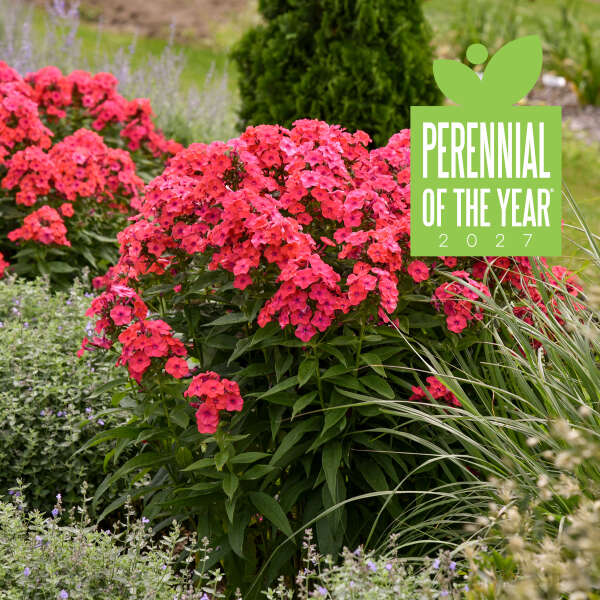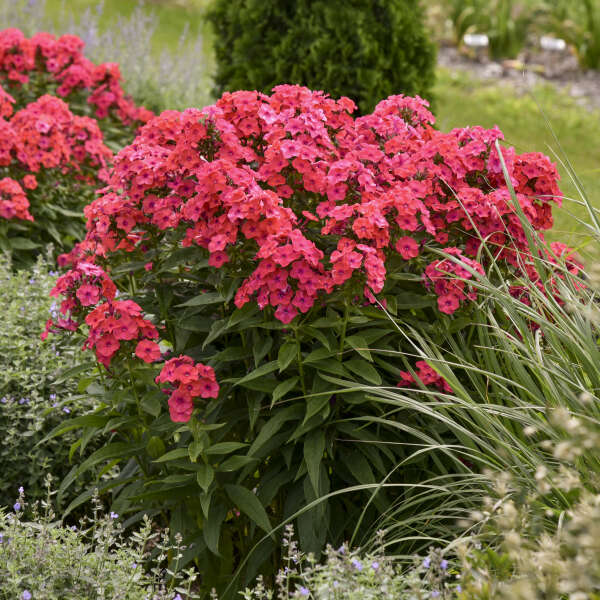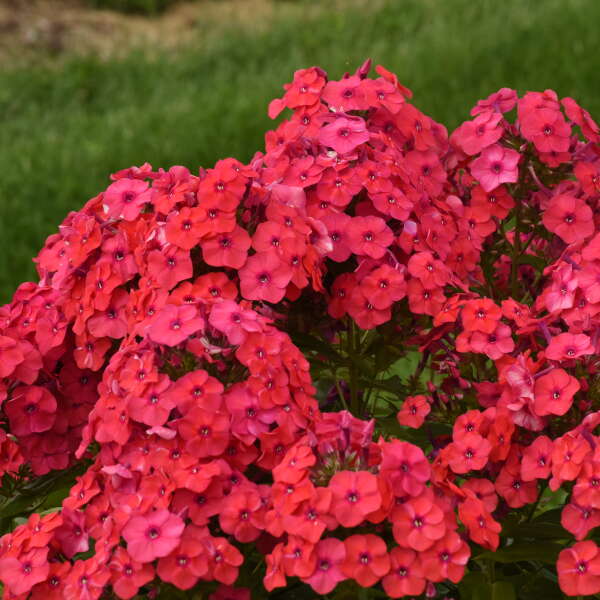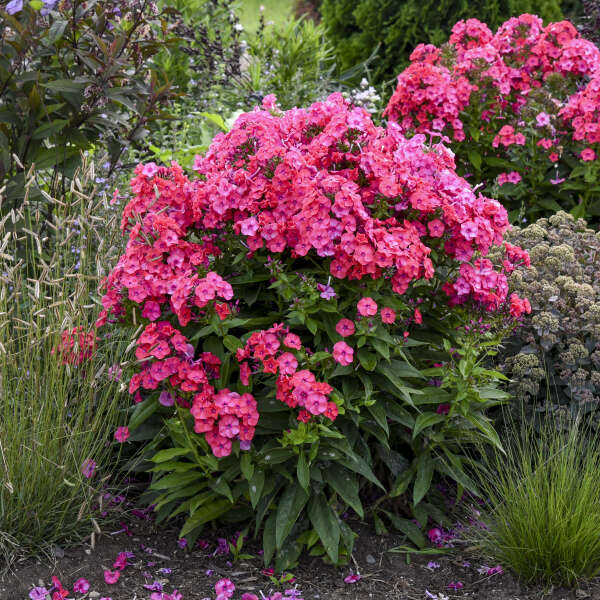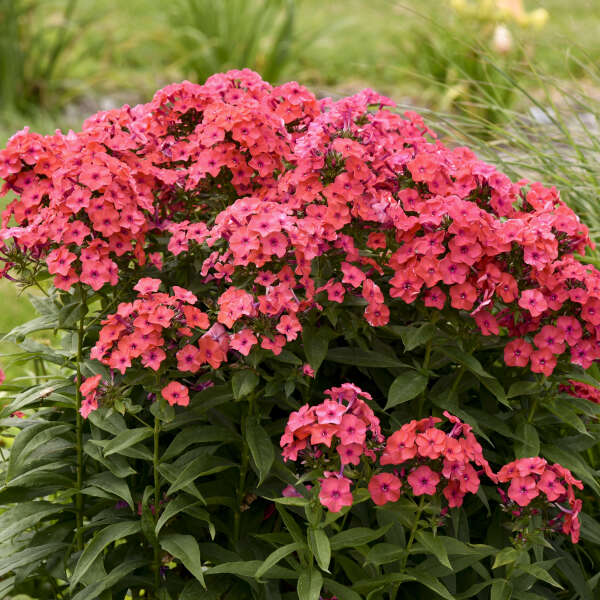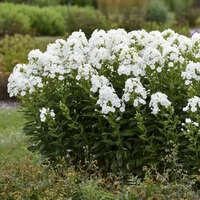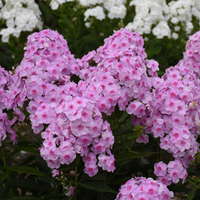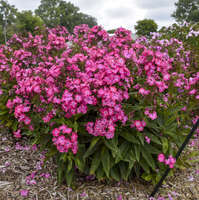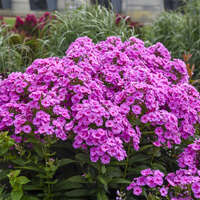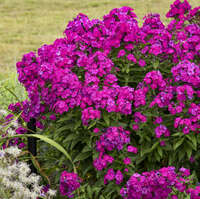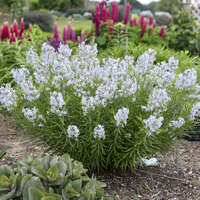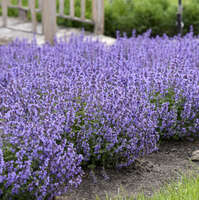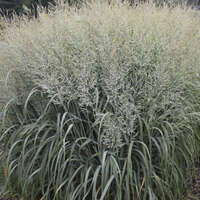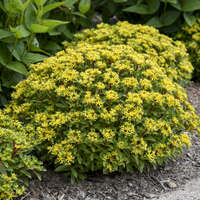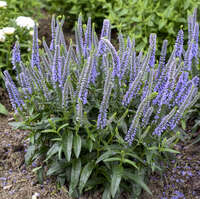Phlox paniculata 'Sunset Coral' CPBRAF PP35222
LUMINARY® Collection



Common Name: Tall Garden Phlox
Tall Garden Phlox are a favorite in the garden, but often are plagued by powdery mildew in hot, humid conditions. These varieties are selected especially for their improved resistance over typical Phlox paniculata varieties. With beautiful colors and incredible performance, these are varieties to plant and watch them grow, with little work required.
Just like the pink and orange hues that light up the sky during a sunset, 'Sunset Coral' lights up the landscape. Coral pink flowers have an orange tinge; the orange color is especially noticeable when compared with true pink Phlox paniculata varieties. This variety matches the height of the rest of the collection; perfect for the middle of the border.
These perennials are a favorite of gardeners around the world and a staple of North American native gardens. Be sure to locate these plants in full sun for the best flowering performance and to help avoid powdery mildew concerns. A favorite of pollinators.
128ct Plug Tray |
72ct Plug Tray |
Grade #1 Bare Root |
